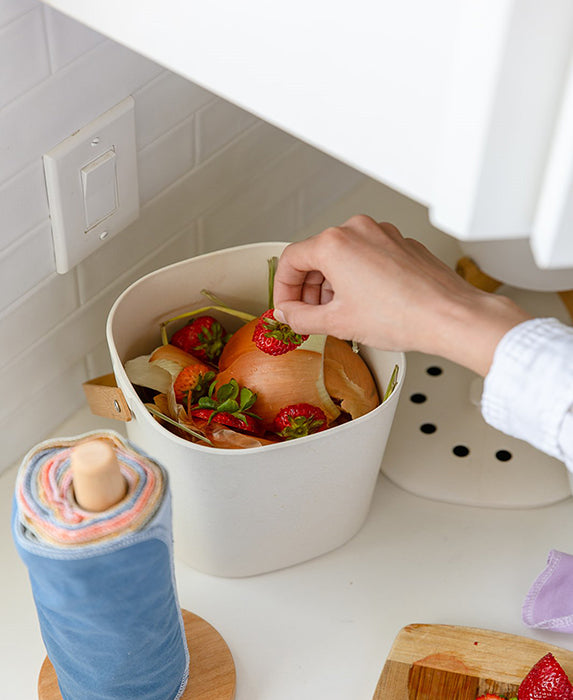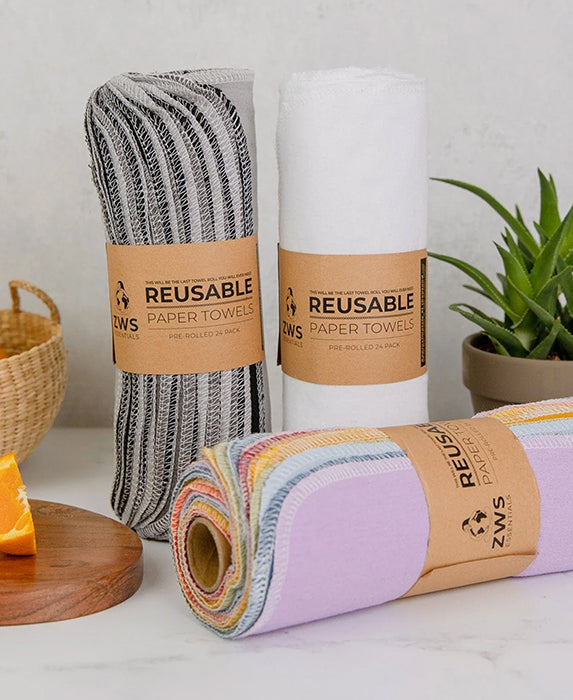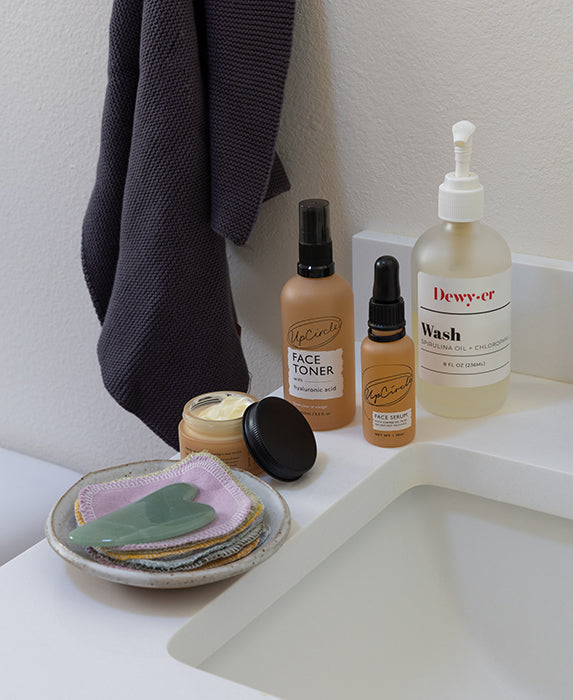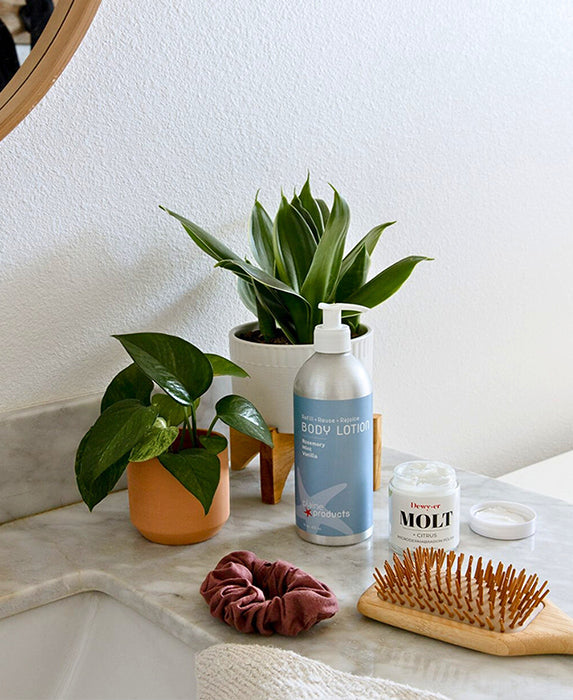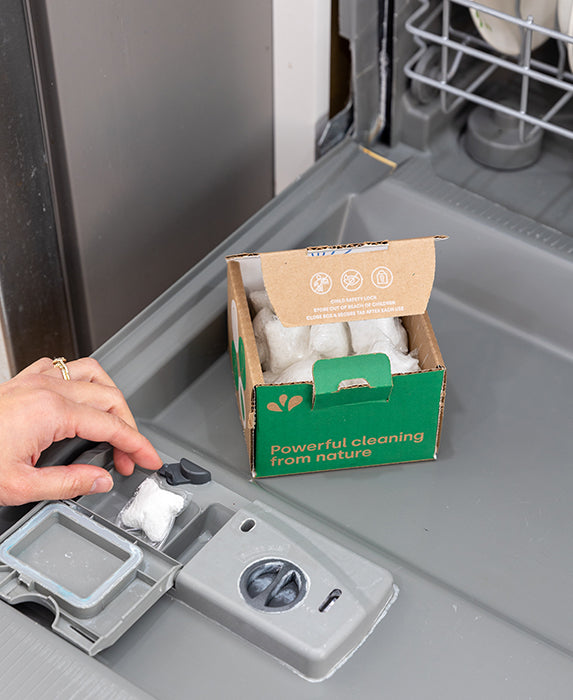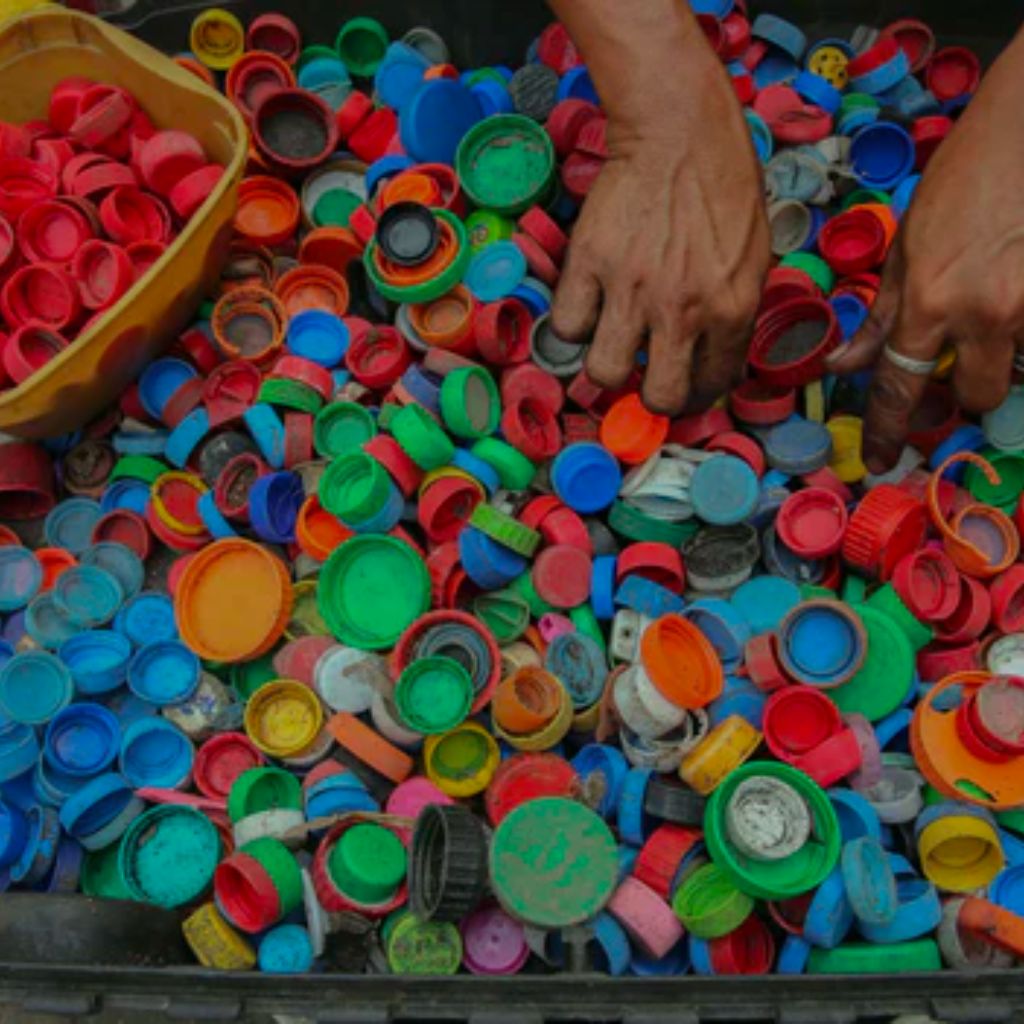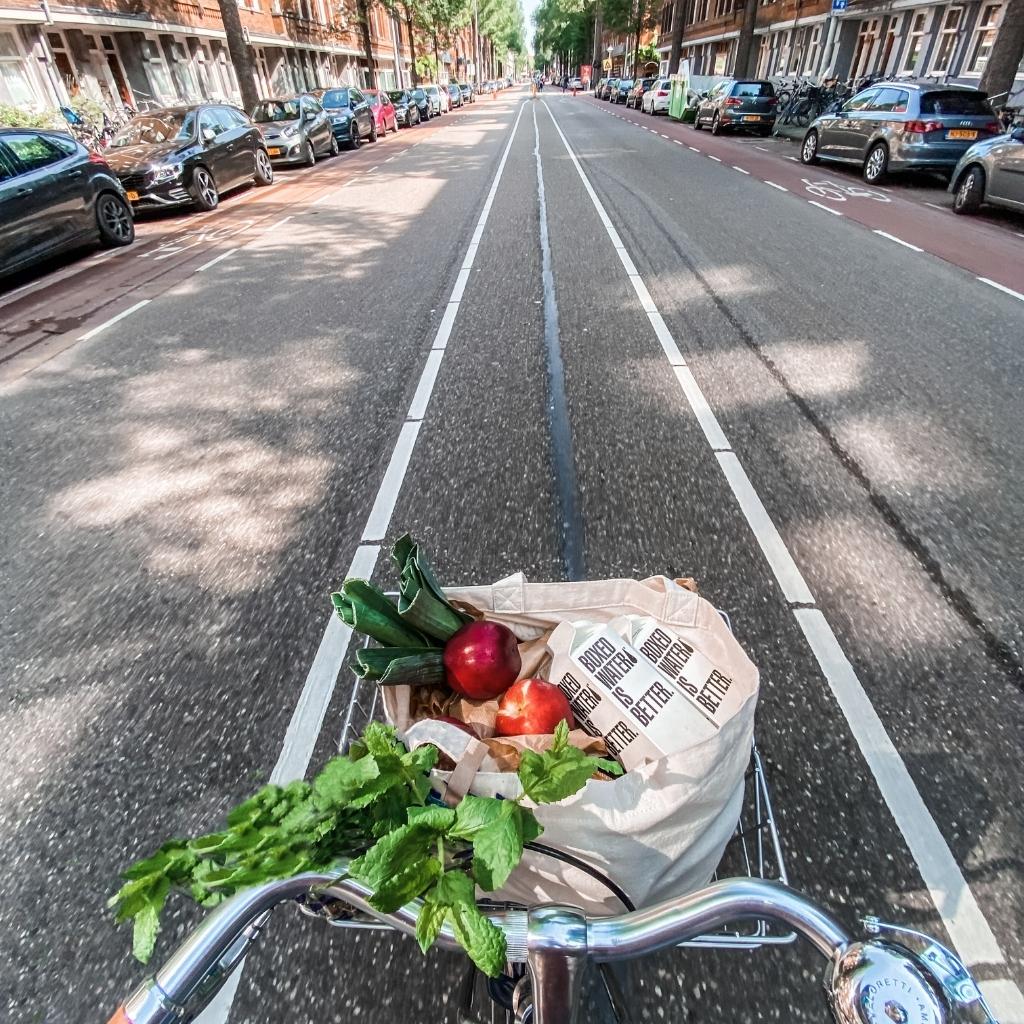Chemicals: They’re Hard to Avoid
In today’s world, convenience wins. Most of us are 100% down to avoid toxins, make less waste (insert “new year, new you” goals here), but why be bothered to make your own deodorant at home when you can buy some at the store with a fraction of the time and effort? Between the research, the practice, and the reality of having very little free time, few people have the time and discipline to DIY their entire life, and we get that. But if you truly stop to think about what toxins may be hiding in everyday products like your face wash, food storage containers, water bottles, and more–you’ll want to take action.
More often than not, products are filled with ingredients that we know very little about (*cough* BPA) and things we can’t even pronounce (can you say “phthalate”?). Big companies don’t take the time to explain chemicals to consumers, and that’s a problem. Products we’re exposed to on a daily basis contain all kinds of weird ingredients, which then begs the question: What impact do these ingredients have on our health and our planet?
This is the first in a series tackling some of your questions about what to look for in personal care products. From phthalates to parabens to those little “microbeads,” we’ll dive into what these beauty companies are really talking about.
What are phthalates anyways?
In recent years, this little word is appearing more and more on products bragging to be “phthalate-free.” That’s great and all, but these claims are rarely backed up with why it matters, what it is, or why we’d want to avoid it. Are products labeled phthalate-free just a marketing gimmick, or do they have real meaning?
They’re kind of in everything.
Phthalates (f-THAL-lates) are man-made chemical “plasticizers”, meaning they’re used to soften plastics and make them more flexible and durable. Another prime use of phthalates is to help dissolve ingredients into a solution. They’re what makes plastic wrap bendy, nail polish smooth and resilient, and shampoo “goopy.” They’re in almost everything we touch: food containers, cosmetics, cleaning supplies, children’s toys, medical devices, art supplies and so much more. New car smell? That’s phthalates! Pesticides on conventional produce? Yep, filled with phthalates, too. They’ve gotten so ingrained in our culture, that roughly 95% of the population has detectable levels of phthalates in their urine (yuck!).

So, it’s time to face the facts: we’re eating them, applying them to our skin, and even using IV drip bags filled with the particular phthalate DEHP. This certainly sounds scary, but what does it really mean for our health? Some groups, like the American Chemistry Council, say that phthalates are “totally safe” and are “the most thoroughly studied family of compounds in the world.” Despite this council being a noted lobby group for phthalate manufacturers, some experts see merit in their claims. However, when we look at some of the consequences, a different picture is painted.
They’re hazardous for your health and the planet.
Some types of phthalates have been labeled as “endocrine disruptors.” These impact the natural hormones that help our bodies grow and reproduce, leading to a slew of nasty side effects, including lower fertility and higher risk of some cancers.*
Phthalates have also been suspected to cause developmental issues, obesity, and even asthma. It’s important to note that there are some regulations on phthalate use, particularly in regards to products for young children. While studies on the human health effects are limited and opinions differ, it’s probably smart to play it safe and avoid phthalate exposure when possible.
In addition to the health impacts of phthalates, these chemicals also pose risks to the environment. If chemical plasticizers can break down and enter your body, it’s not that far off to assume they could harm the bodies of other animals and marine life that come in contact with it. Phthalates are also synthetic and petroleum based, meaning that purchasing products containing phthalates is promoting the extraction and production of oil–not what you thought you were doing with your new manicure, huh?
Kick the Chemicals
Sadly, it’s next to impossible to completely remove phthalates from your life. But, by making simple switches to your daily routine, you can reduce the amount of these chemicals that you come into contact with. Here are a few tips on how to minimize phthalates in your life:
Plastic can’t take the heat!
Never heat your food in plastic! There’s always the possibility that plastic may leech into your food during the microwaving process. Containers labeled “microwave safe” are better than containers without that label, but it’s best to reheat your food in glass to enjoy some chemical-free leftovers!
Eat organic!
Phthalates are used in pesticides for produce and in animal feed for meat and dairy products. To best avoid exposure in your meals, it’s best to purchase organic produce and cut down on meat and dairy consumption.
Plastic, Plastic Everywhere!
Go into any supermarket and you will find a sea of plastic! Not only is this bad for the environment, but it’s bad for our health, too. With some zero-waste inspired tips and tricks, you can avoid phthalates in your weekly shopping trips.
- Avoid plastic packaging–buy in bulk when possible!
- Use reusable bags or jars for bulk food
- Store food in glass or stainless steel containers
- Ditch plastic water bottles & invest in a reusable one
Phthalate-free Personal Care!
Many mainstream cosmetics, lotions, hair care products, body wash and more contain phthalates. Too often, they don’t even label their product as having phthalates. That’s why it’s important to shop with companies dedicated to toxin-free, zero-phthalate products, such as Avalon Organics.
Do the best you can.
It’s simple: when you know better, you can do better. Although it’s basically impossible to live a phthalate-free life on planet Earth, that doesn’t mean you shouldn’t do anything. Opinions and facts are varied, but it’s better to play it safe, especially when it could impact your health. So check those labels, rethink your food, reuse those plastic-free bags and go on your merry way to a less-phthalate life!
*Sources:
https://www.ewg.org/research/dirty-dozen-list-endocrine-disruptors
http://www.safecosmetics.org/get-the-facts/chemicals-of-concern/phthalates/
About the author

Alyssa Landi is an enthusiastic environmental and animal activist living in Boulder, Colorado. When she’s not standing up for animal rights, she can be found climbing or hiking with friends!

